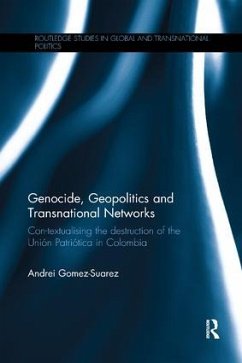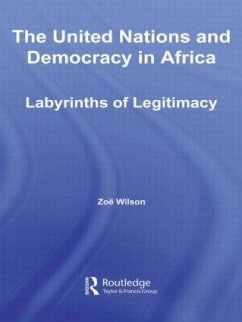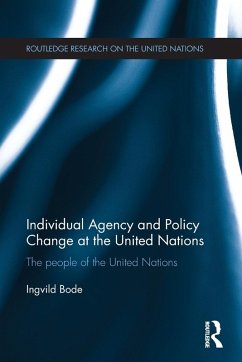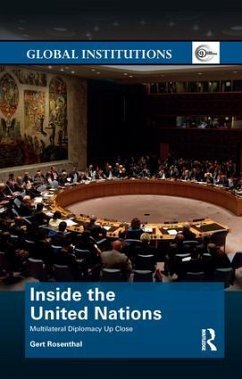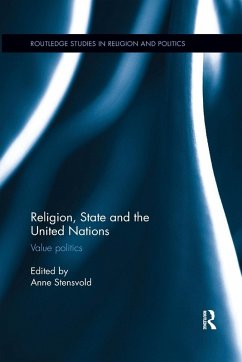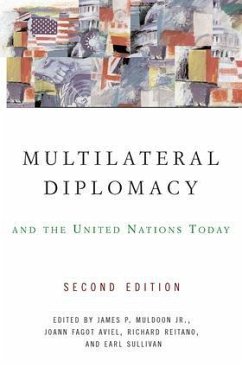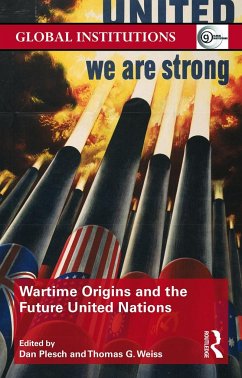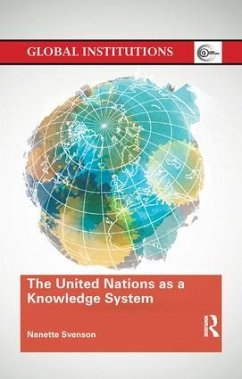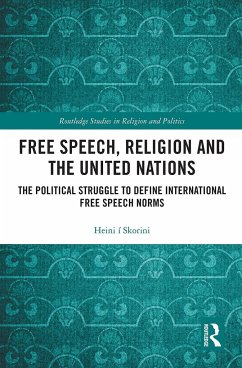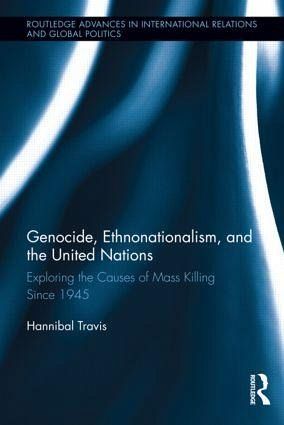
Genocide, Ethnonationalism, and the United Nations
Exploring the Causes of Mass Killing Since 1945
Versandkostenfrei!
Versandfertig in 1-2 Wochen
53,99 €
inkl. MwSt.
Weitere Ausgaben:

PAYBACK Punkte
27 °P sammeln!
Genocide, Ethnonationalism, and the United Nations examines a series of related crises in human civilization growing out of conflicts between powerful states or empires and indigenous or stateless peoples. This is the first book to attempt to explore the causes of genocide and other mass killing by a detailed exploration of UN archives covering the period spanning from 1945 through 2011. Hannibal Travis argues that large states and empires disproportionately committed or facilitated genocide and other mass killings between 1945 and 2011. His research incorporates data concerning factors linked to the scale of mass killing, and recent findings in human rights, political science, and legal theory. Turning to potential solutions, he argues that the concept of genocide imagines a future system of global governance under which the nation-state itself is made subject to law. The United Nations, however, has deflected the possibility of such a cosmopolitical law. It selectively condemns genocide and has established an institutional structure that denies most peoples subjected to genocide of a realistic possibility of global justice, lacks a robust international criminal tribunal or UN army, and even encourages "security" cooperation among states that have proven to be destructive of peoples in the past. Questions raised include: * What have been the causes of mass killing during the period since the United Nations Charter entered into force in 1945? * How does mass killing spread across international borders, and what is the role of resource wealth, the arms trade, and external interference in this process? * Have the United Nations or the International Criminal Court faced up to the problem of genocide and other forms of mass killing, as is their mandate?





